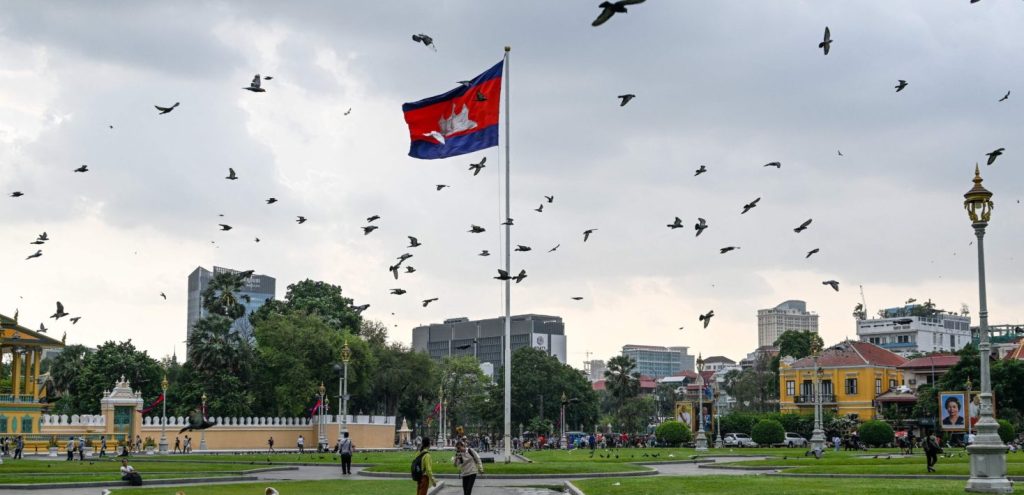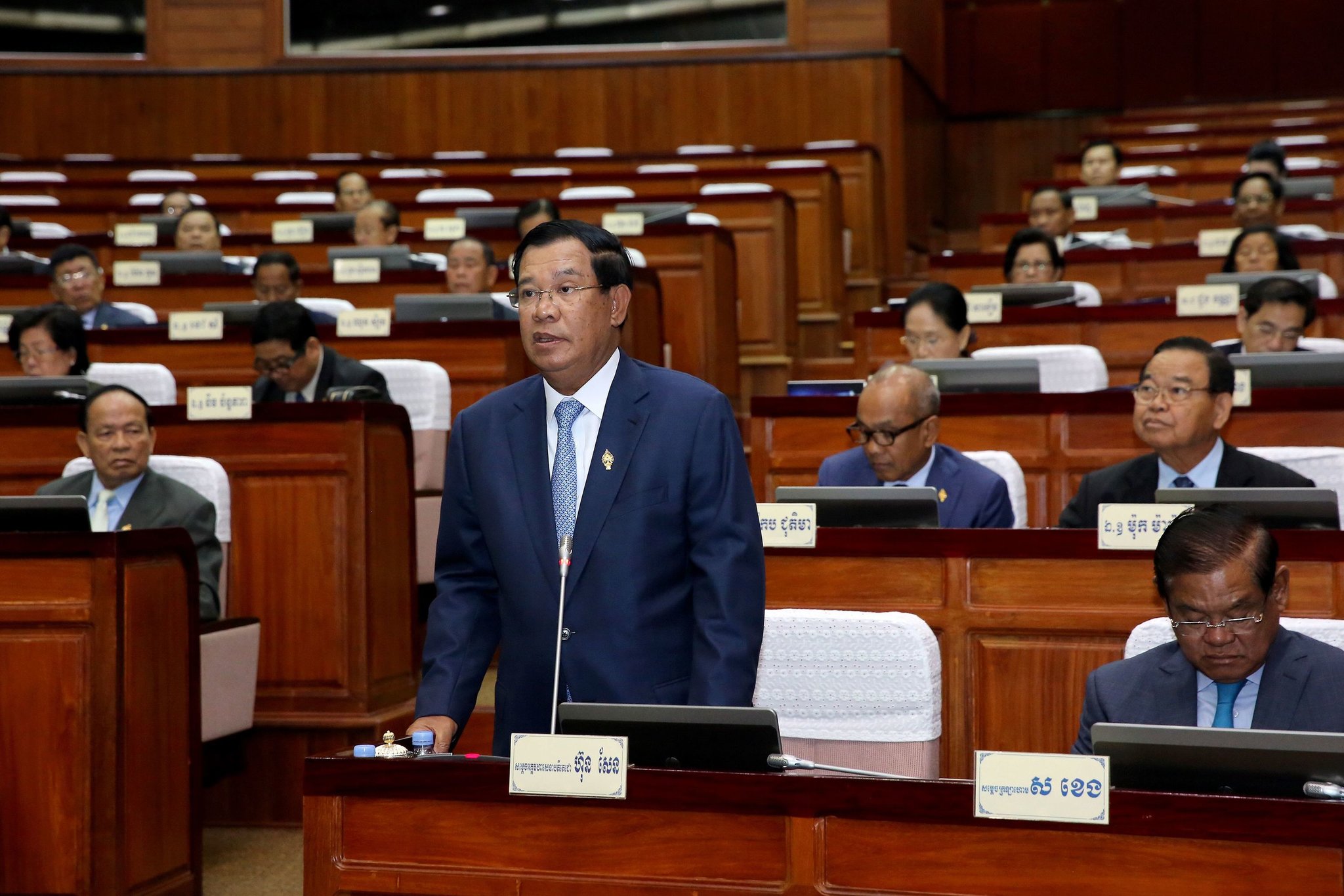Cambodian lawmakers on Friday unanimously passed a constitutional amendment that clears the way for the government to strip citizenship from individuals accused of foreign collusion.
This move comes despite significant concerns from rights groups that such a law could be used to suppress government critics.
All 125 lawmakers, including Prime Minister Hun Manet, voted in favour of altering the constitution’s wording to state that “receiving, losing, and revoking Khmer nationality shall be determined by law.”
The previous constitutional text explicitly stated, “No Khmer citizen shall be deprived of their nationality, exiled, or extradited to another country except through mutual agreement.”
Government Cites National Security; Rights Groups Fear Misuse
Justice Minister Koeut Rith told reporters that the amendment will enable authorities to enact laws allowing the government to revoke citizenship from anyone who “colludes with foreign powers against the state.”
He declared, “If you betray the nation, the nation will not keep you,” adding that a new citizenship revocation law would soon be presented to the National Assembly for approval.
However, human rights organisations are deeply concerned that any such legislation would be weaponised against political opponents and dissenting voices.

Amnesty International, in a statement Friday, July 11, called the potential revocation of citizenship a “heinous violation of international law.”
Montse Ferrer, Amnesty International’s regional research director, expressed profound worry that the Cambodian government, “given the power to strip people of their citizenship, will misuse it to crack down on its critics and make them stateless.”
The amendment follows a call last month from influential former leader Hun Sen, Prime Minister Hun Manet’s father, who urged for constitutional changes to target Cambodians who “side with foreign nations to harm our country,” particularly after exiled opposition figures criticised the government during an ongoing border dispute with Thailand.
Justice Minister Koeut Rith dismissed concerns about abuse, stating that critics would only face citizenship revocation if they commit “treason crimes or any act that harms the national interest.” However, he added they “might face other charges” if they don’t.
Cambodia’s government has a history of using stringent laws to silence opposition, with scores of activists currently jailed or facing legal action.
Opposition leader Kem Sokha, for instance, was sentenced to 27 years in prison for treason in 2023, a charge he consistently denied.


 Trending
Trending 
